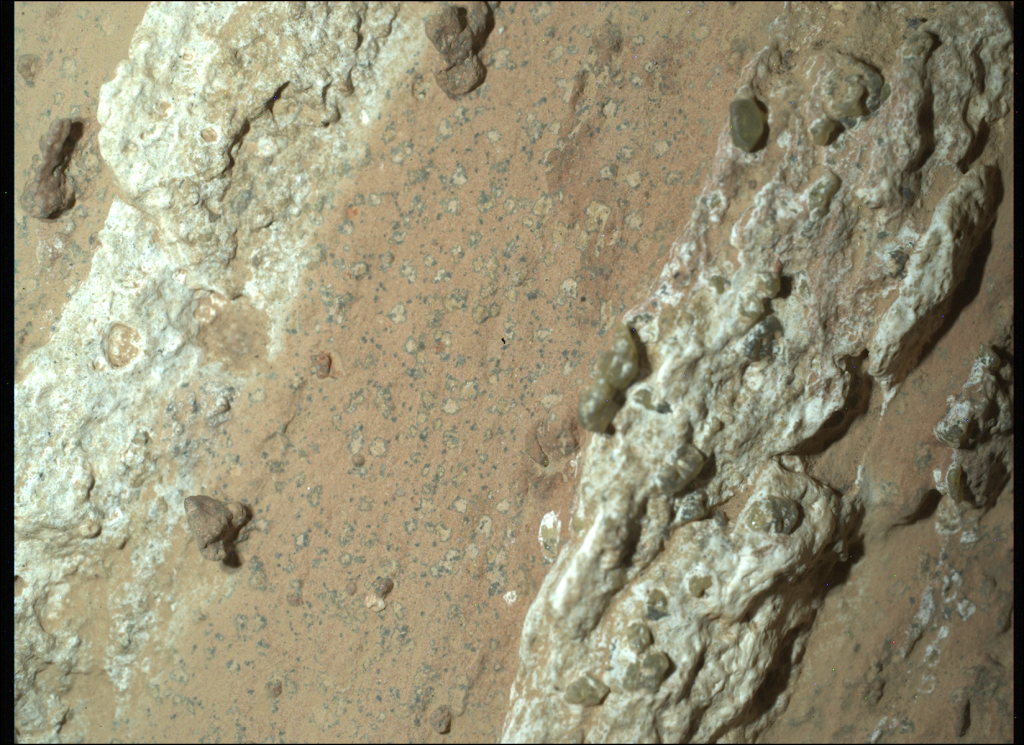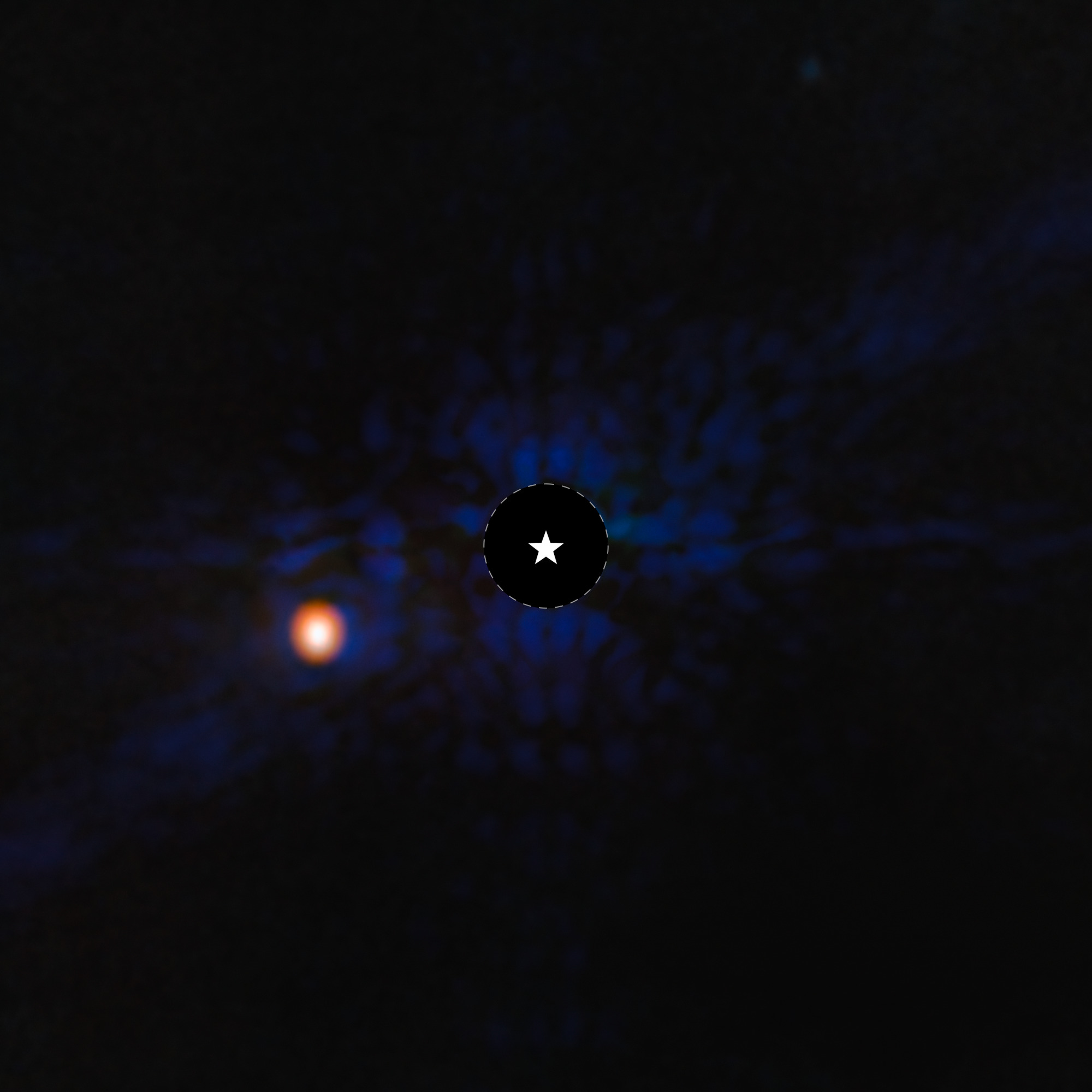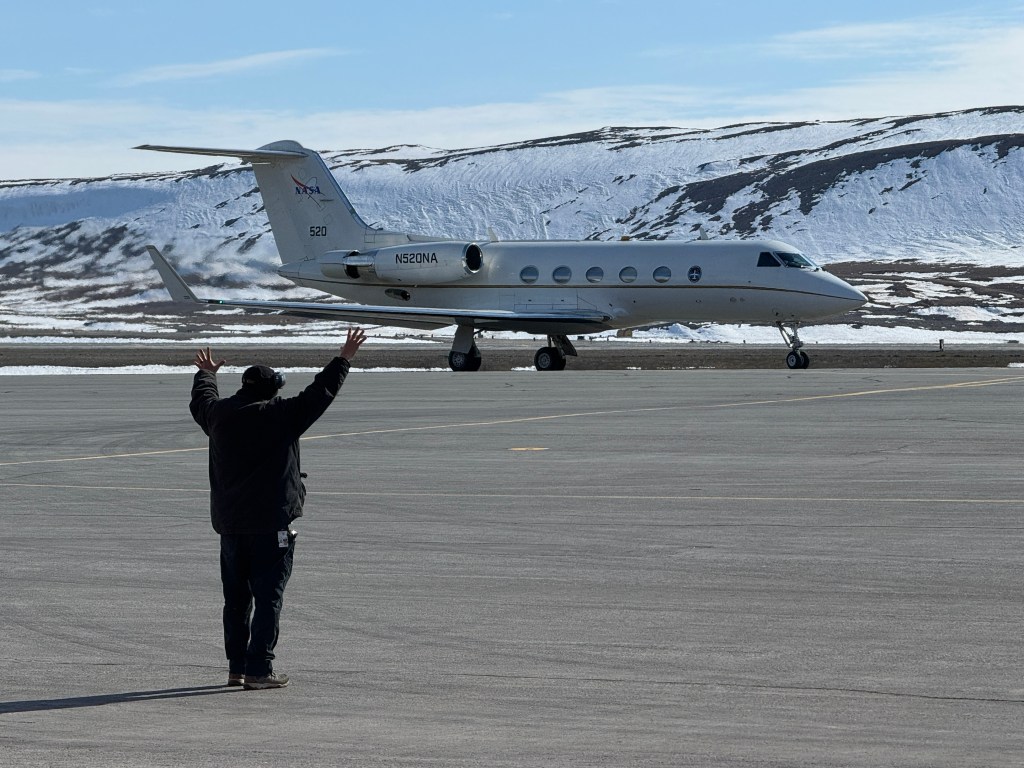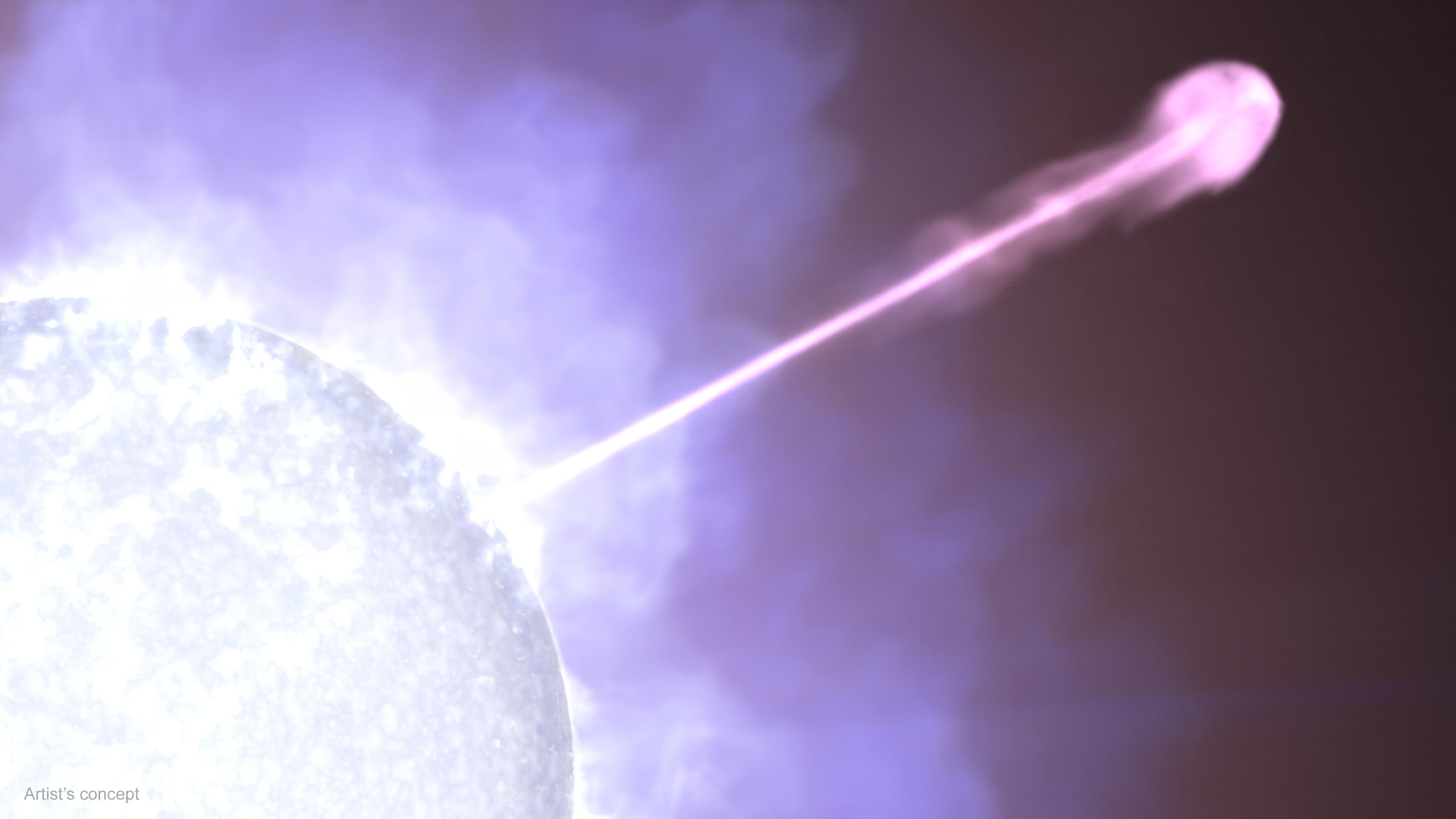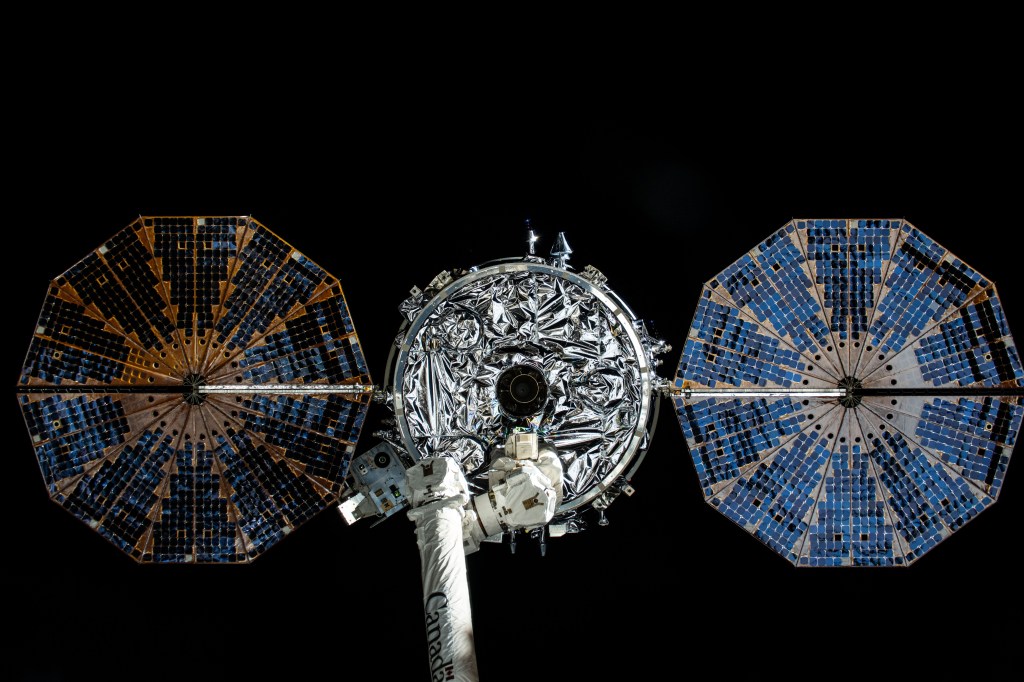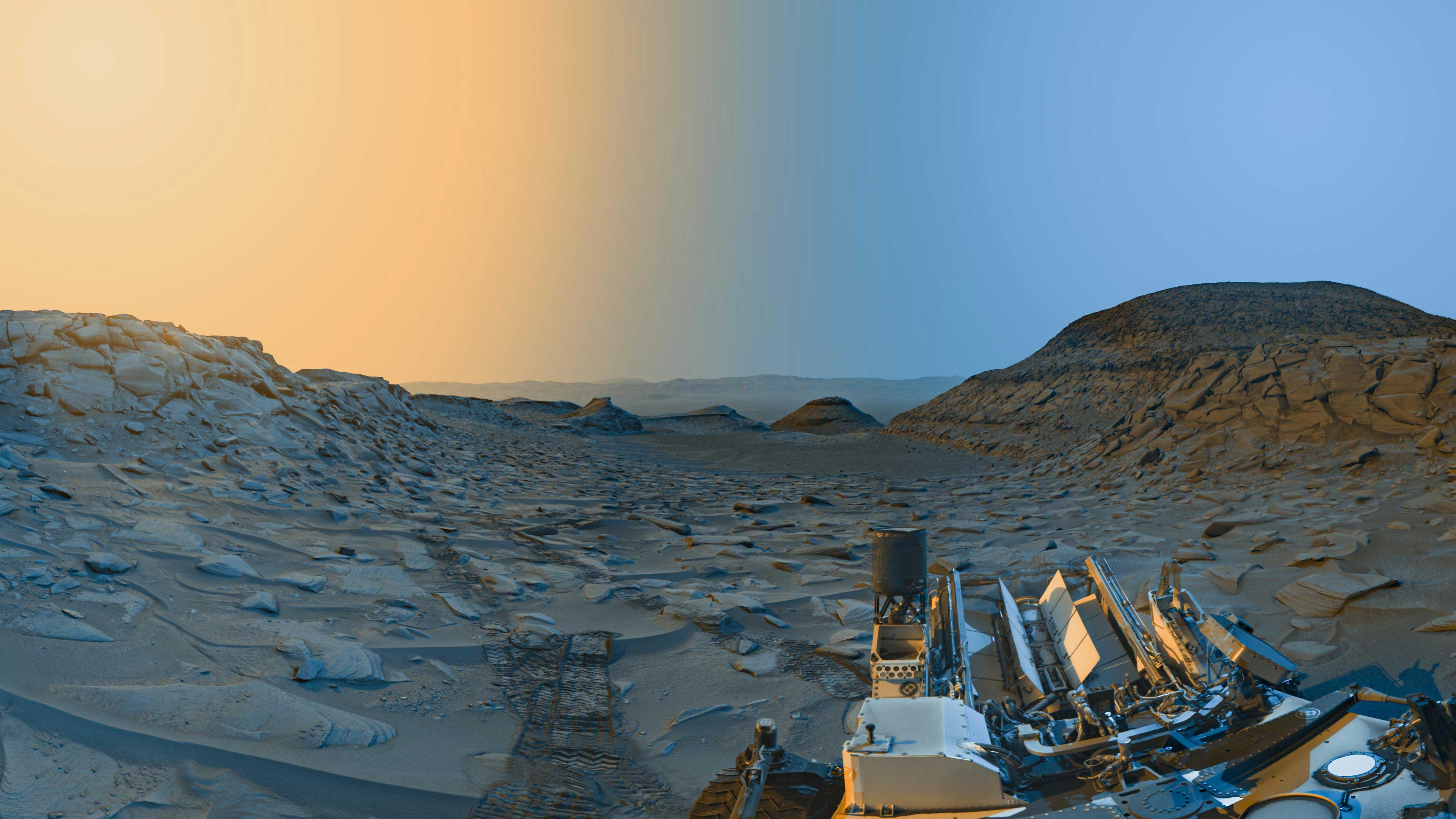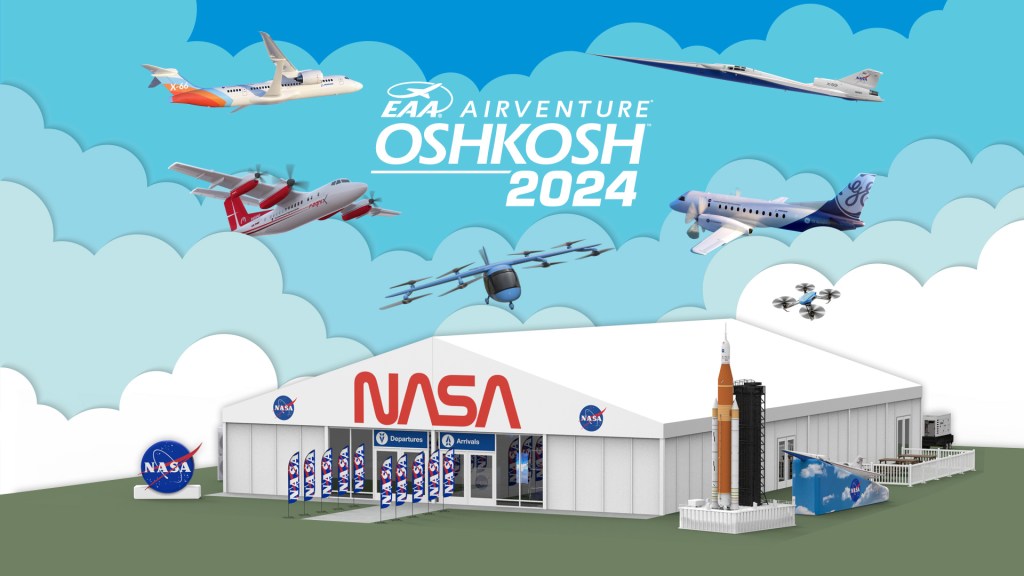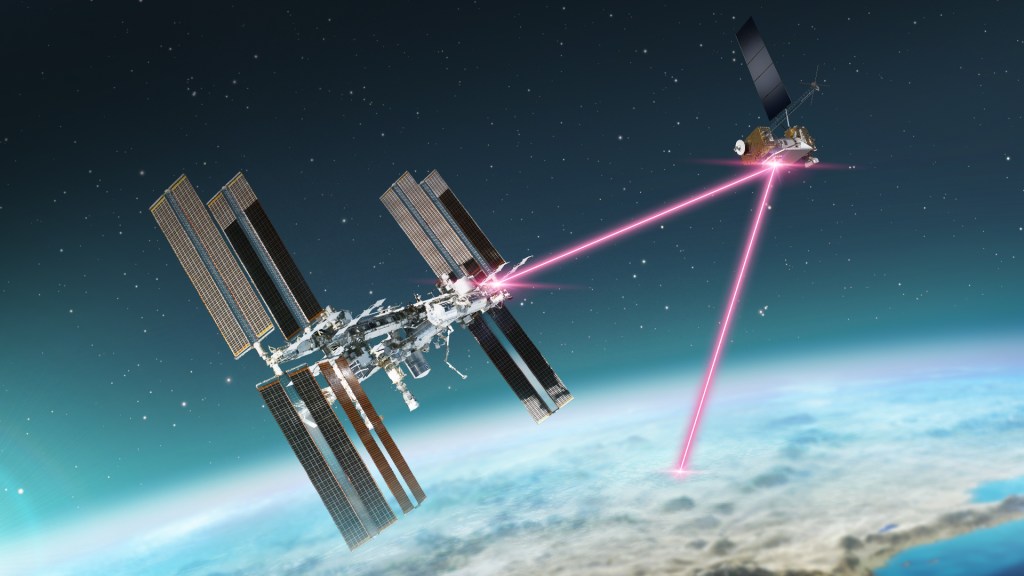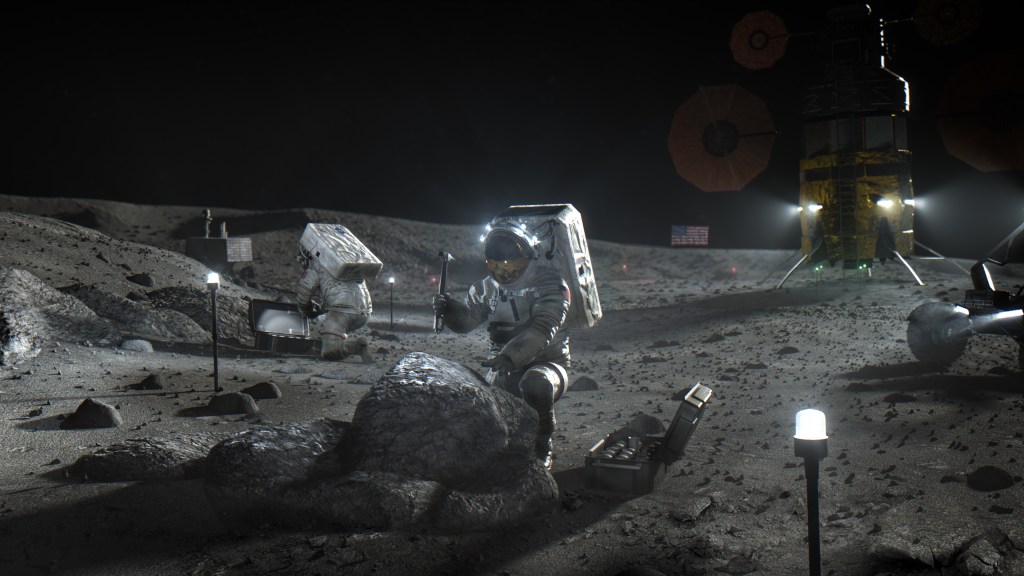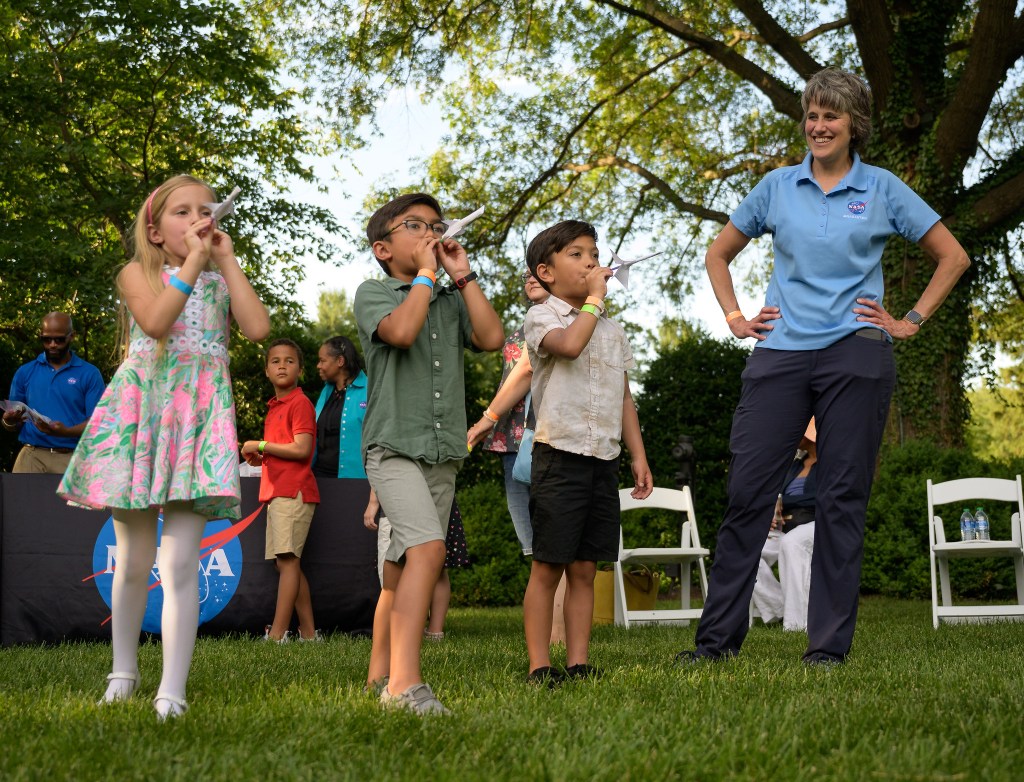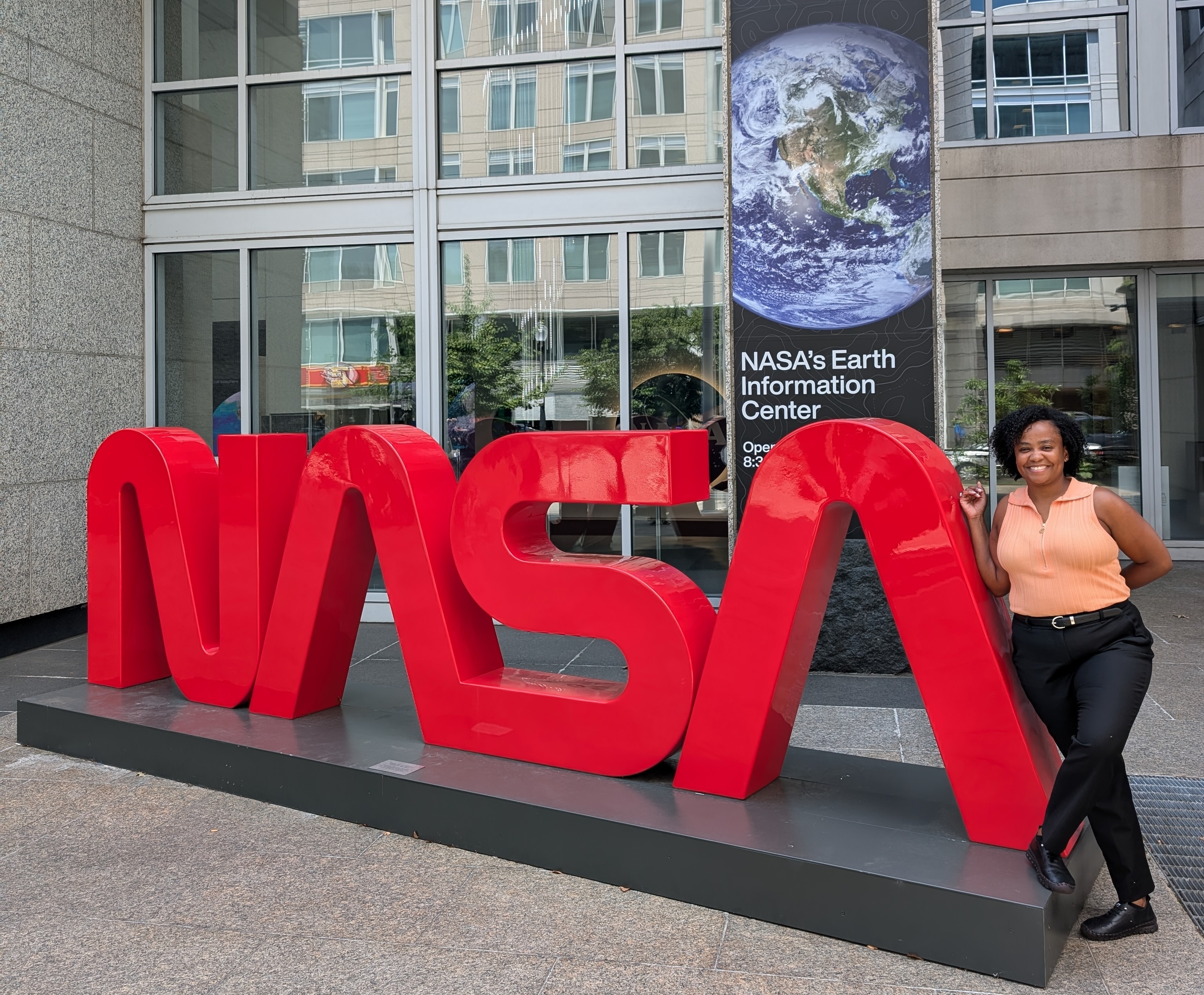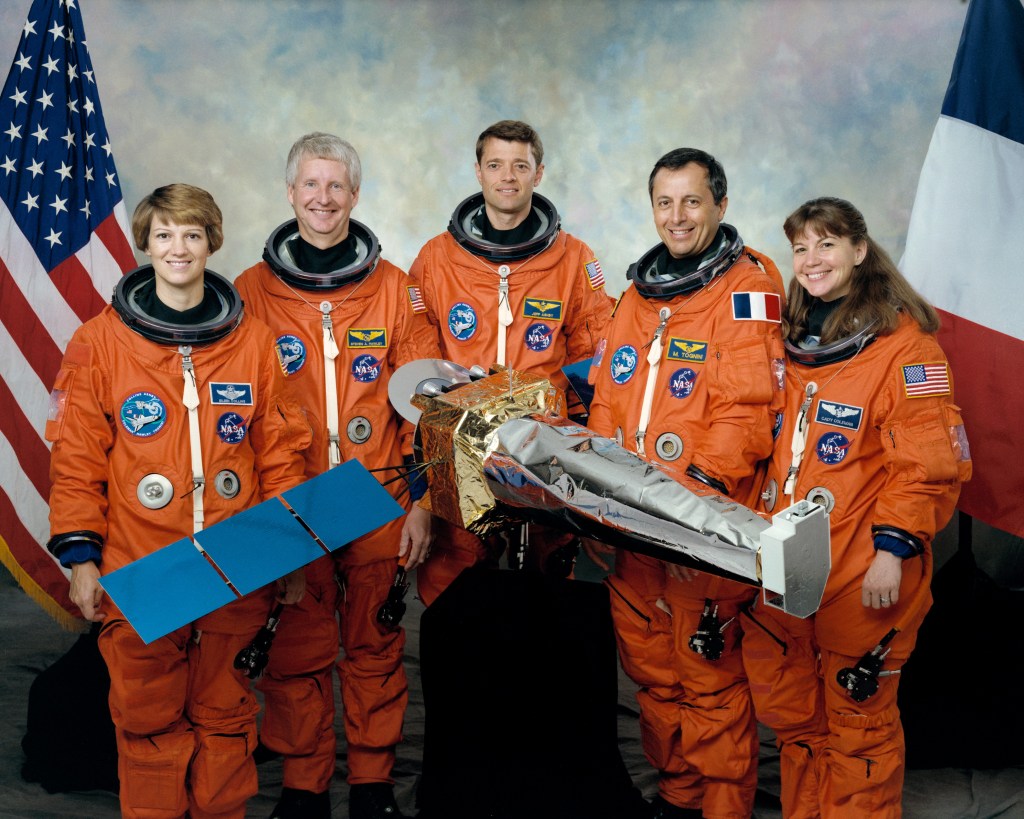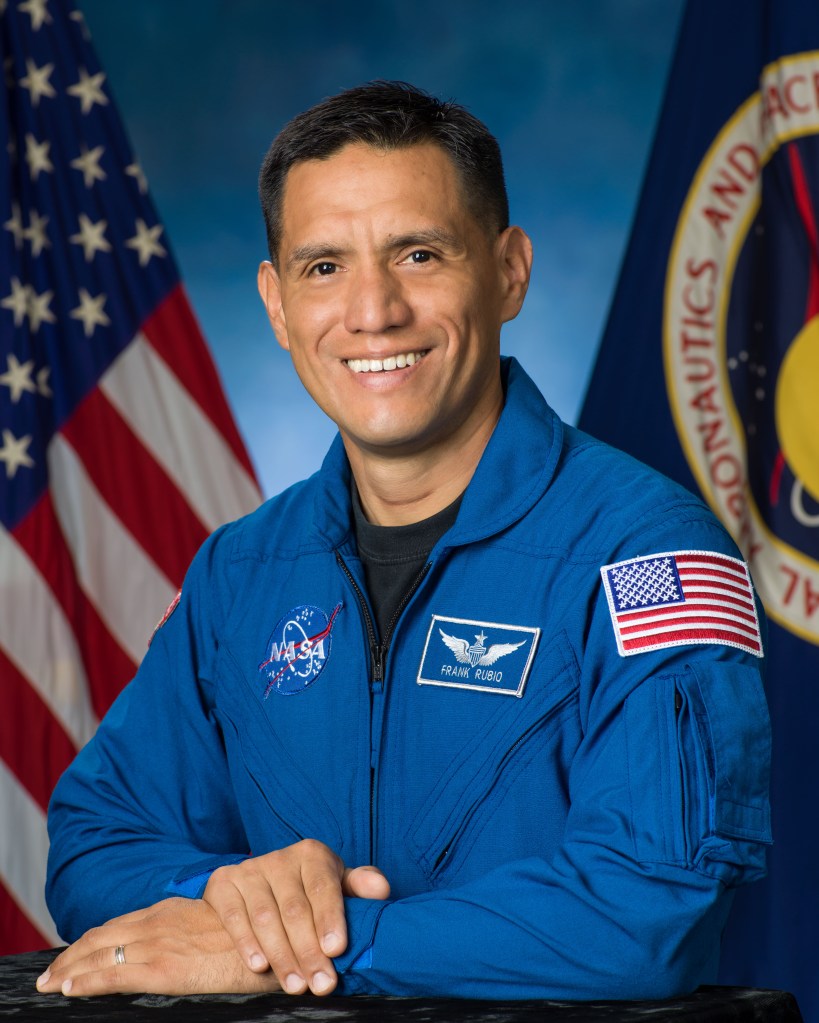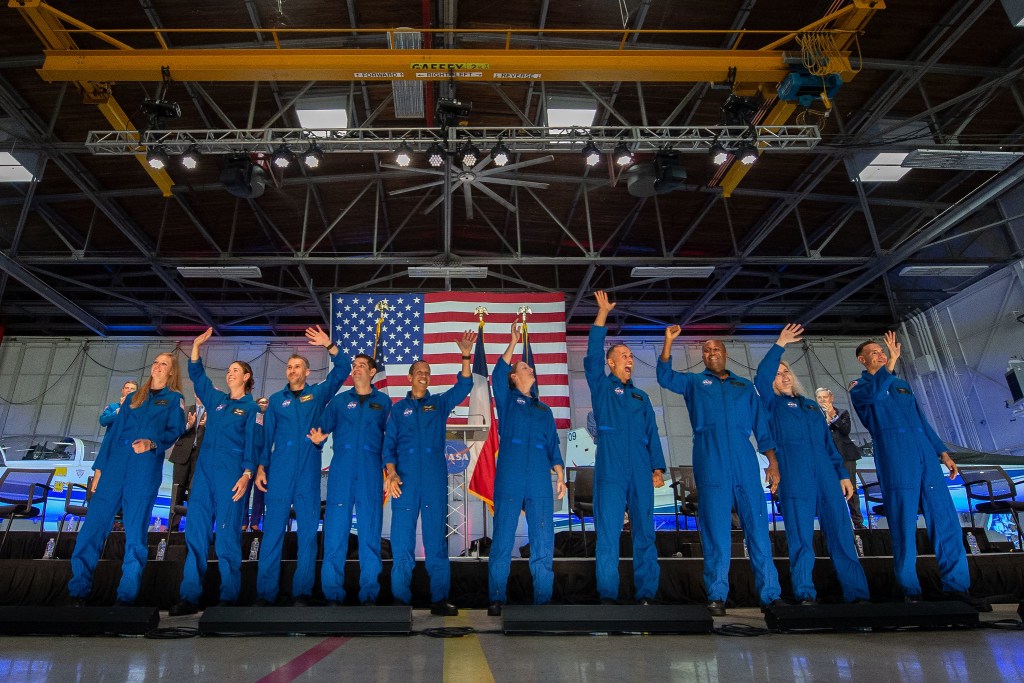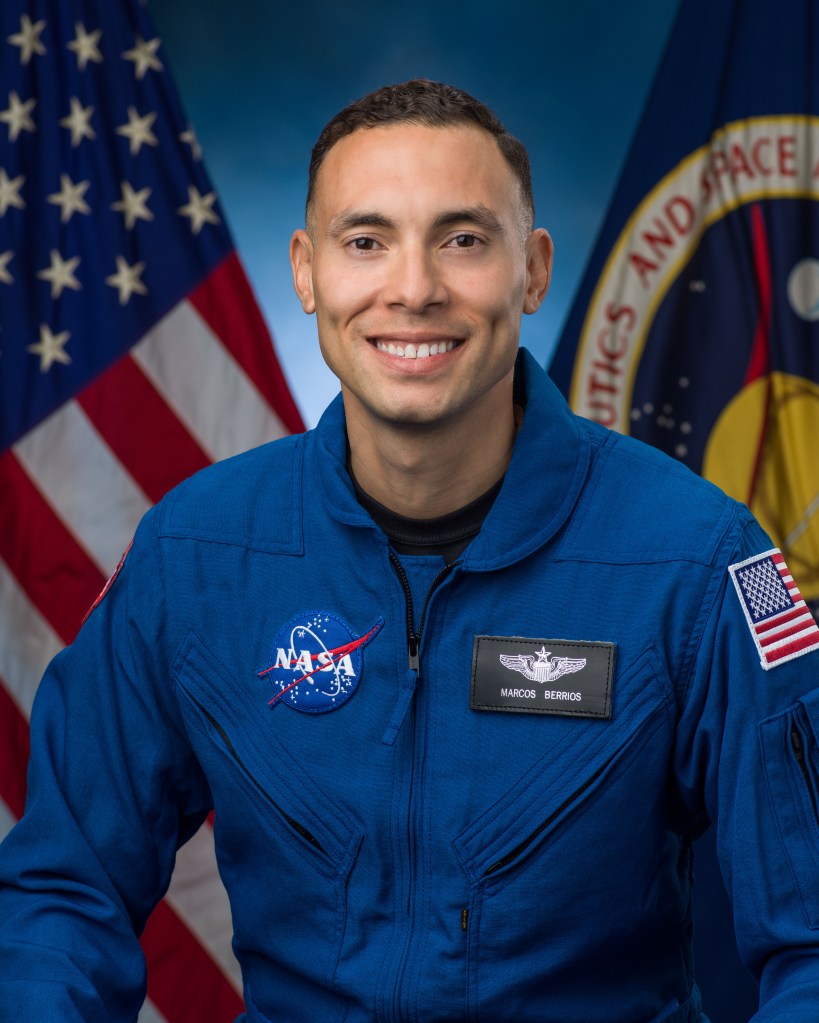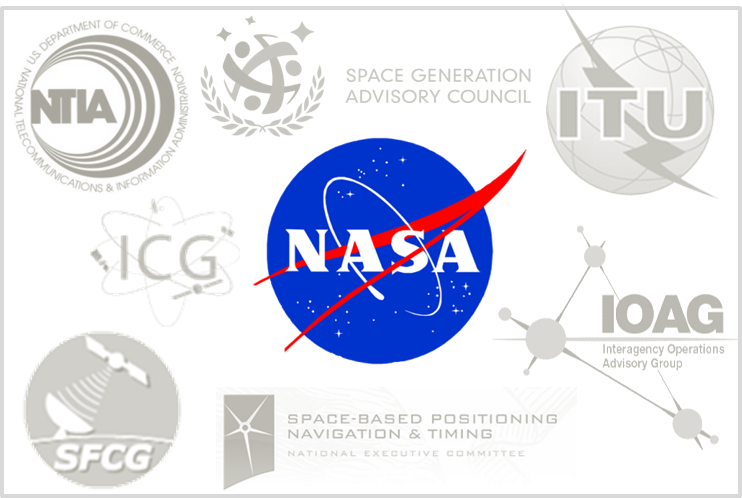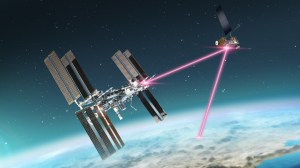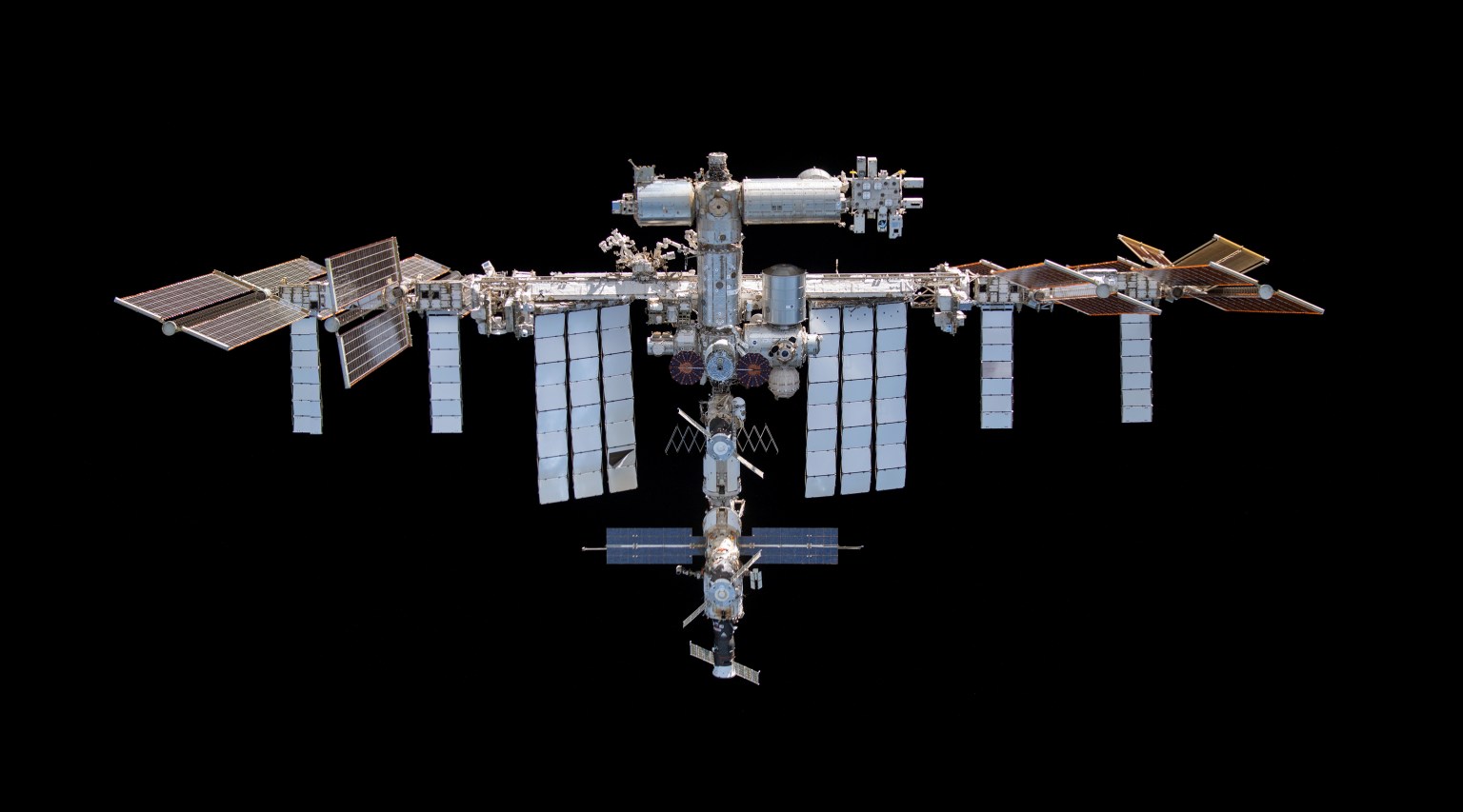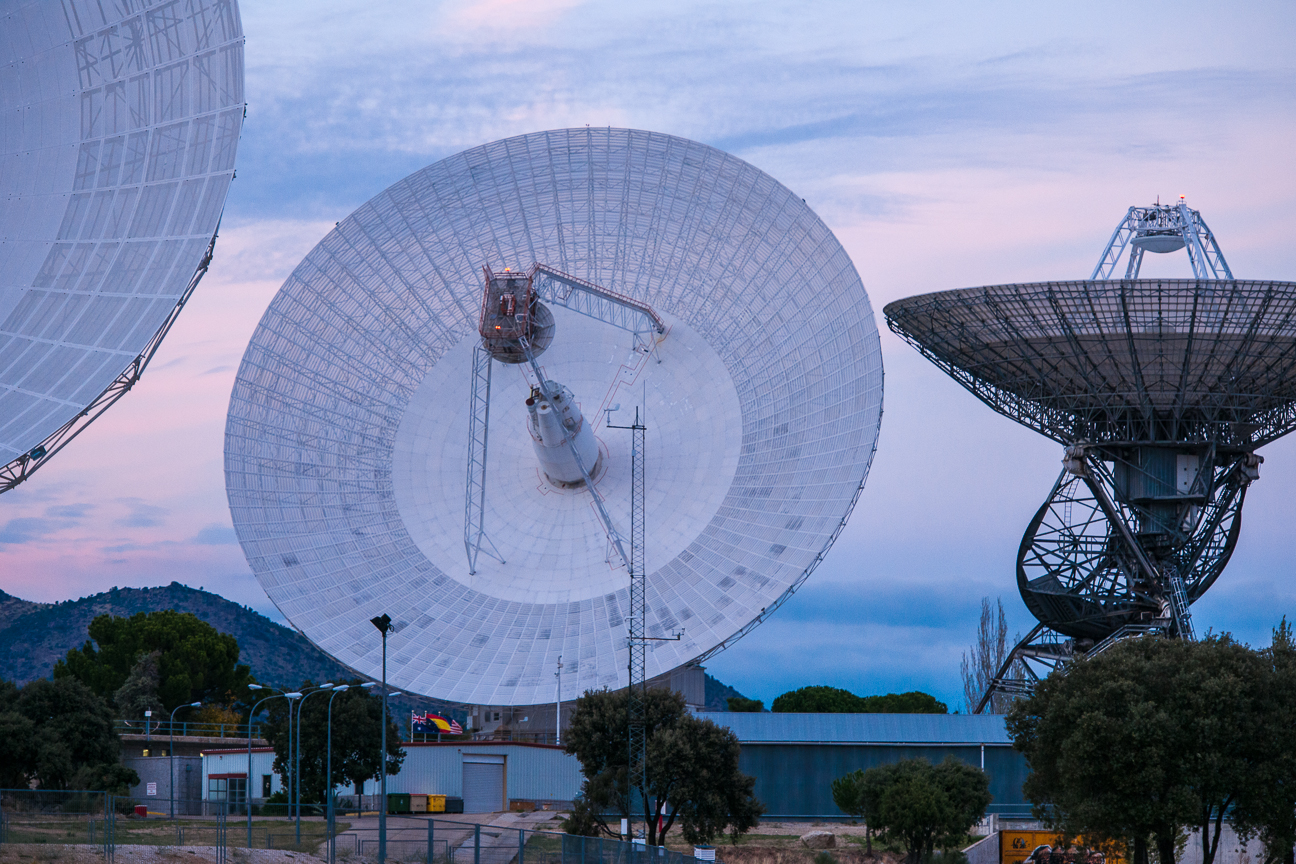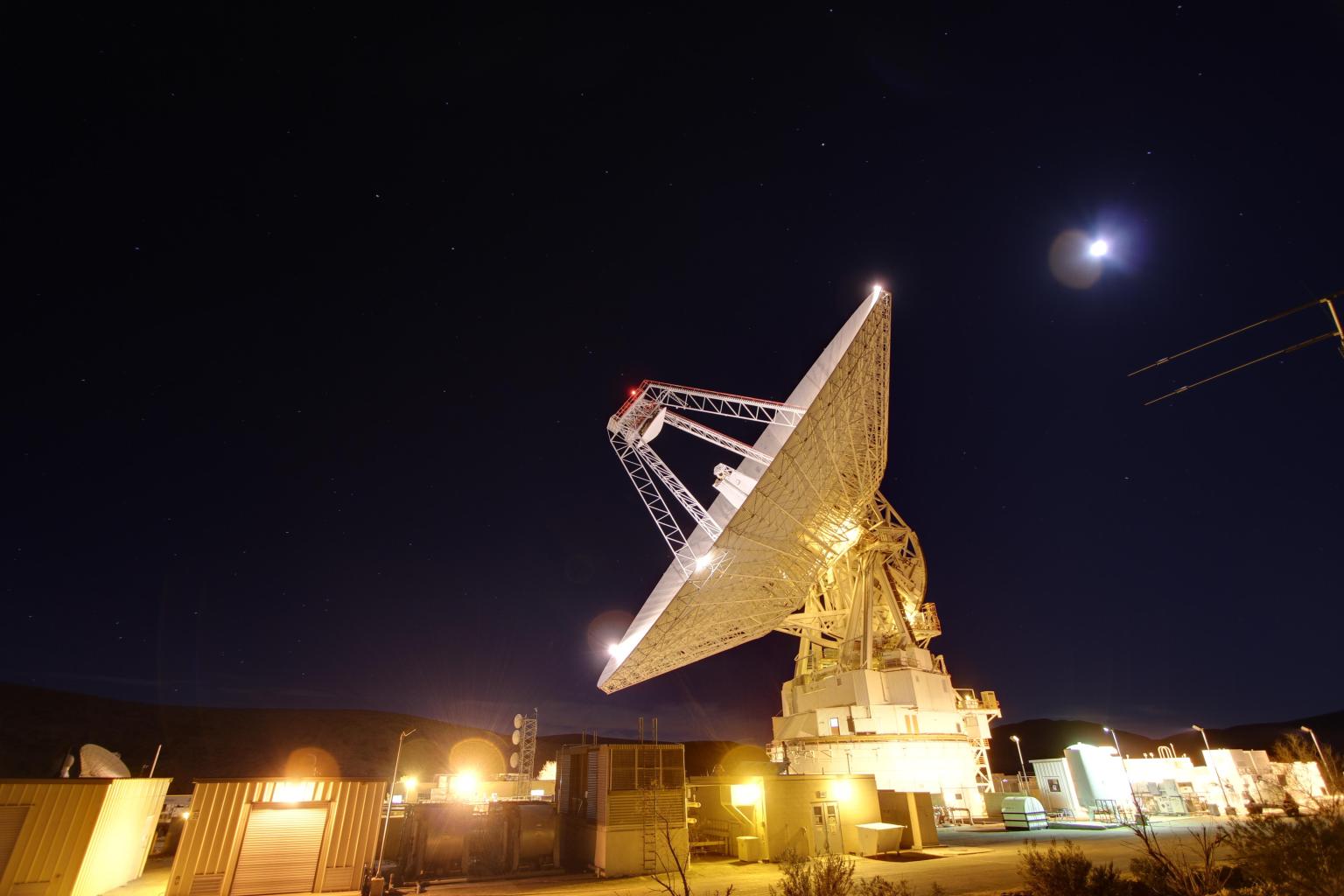In order to achieve NASA’s goals with regards to space communication and navigation, the Space Communications and Navigation (SCaN) program works and collaborates with many national and international organizations and their partners.
National Coordination
National Executive Committee (EXCOM) for Space-Based Positioning, Navigation, and Timing (PNT)
The National PNT EXCOM coordinates Global Positioning System (GPS) related matters across federal departments and agencies to ensure the system addresses national. The PNT EXCOM is co-chaired by the Deputy Secretaries of Defense and Transportation, and NASA is represented at the Administrator level.
SCaN supports the Office of the Administrator at the PNT EXCOM and represents NASA in the Executive Steering Committee and National Coordination Office for Space-Based PNT. Since 2007, SCaN has been sponsoring the PNT Advisory Board on behalf of PNT EXCOM departments and agencies.
Interdepartment Radio Advisory Committee (IRAC)
The IRAC is designed to assist the Department of Commerce Assistant Secretary in assigning frequencies to U.S. Government radio stations and in developing and executing policies, programs, procedures, and technical criteria pertaining to the allocation, management, and use of spectrum frequencies.
SCaN represents NASA at the IRAC and its subcommittees: Frequency Assignment Subcommittee (FAS), Spectrum Planning Subcommittee (SPS), and Technical Subcommittee (TSC).
International Coordination
Consultative Committee for Space Data Systems (CCSDS)
CCSDS is a multi-national forum for the development of communications and data systems standards for spaceflight. CCSDS aims to enhance governmental and commercial interoperability and cross-support, while also reducing risk, development time and project costs.
- SCaN participates at the CCSDS on behalf of NASA to help formulate international space data handling standards.
- NASA serves as the CCSDS Secretariat, the CCSDS Chair, and on the CCSDS Management Council
Interagency Operations Advisory Group (IOAG)
IOAG provides a forum for identifying common needs across multiple international agencies for coordinating space communications policy, high-level procedures, technical interfaces, and other matters related to interoperability and space communications.
- SCaN serves as the NASA representative to IOAG to help ensure interoperability and cross support of space communications systems.
- NASA serves as the IOAG Executive Secretariat.
Interoperability Plenary (IOP)
The IOP is an intergovernmental forum that addresses joint space communications and navigation. The forum aims to broaden cross-support, compatibility and interoperability in regard to missions to the Moon, Mars, and beyond.
- The IOP provides oversight and guidance to the Interagency Operations Advisory Group (IOAG) on all issues related to international space communications and navigation compatibility, and interoperability in regard to all space missions.
The Space Operations Mission Directorate Associate Administrator serves as the NASA representative to the IOP; SCaN serves as the IOP Secretariat.
Space Frequency Coordination Group (SFCG)
The SFCG was established in order to provide a more flexible environment for the solution of frequency management problems encountered by international member space agencies. The SFCG is concerned with the effective use and management of radio frequency bands allocated by the Radio Regulations of the International Telecommunications Union (ITU).
- SCaN represents NASA at the SFCG to help exchange information with other space agencies on space frequency and spectrum coordination issues.
United Nations Coordination
International Committee on Global Navigation Satellite Systems (ICG)
The ICG is a forum to discuss Global Navigation Satellite Systems (GNSS) to benefit people around the world. SCaN represents NASA in Department of State led activities before the ICG, including the development of interoperable multi-GNSS capabilities to support space users. This includes:
- Development of an interoperable multi-GNSS Space Service Volume (SSV) to support users operating between 3000 km and 36,000 km (GEO) and beyond to Lunar Space.
- Development of interoperable laser ranging standards to support space geodesy and maintenance of the terrestrial reference frame that GNSS systems rely on to provide improved PNT services.
- Development of interoperable GNSS-based Search and Rescue capabilities. NASA is designated technical lead for the U.S. Search and Rescue Satellite Aided Tracking (SARSAT) program.
International Telecommunication Union (ITU)
The ITU is the United Nations specialized agency for information and communication technologies. The ITU is a forum to ensure rational, equitable, efficient, and economical use of the radio-frequency spectrum by all radiocommunication services, including those using satellite orbits, and to carry out studies and adopt recommendations on radiocommunication matters.
- SCaN represents NASA at the Department of State and National Telecommunications and Information Administration (NTIA) meetings to effect changes to the international radio regulations at World Radiocommunications Conferences (WRC).
- SCaN works through established processes via NTIA to register its frequency assignments with the ITU to ensure protection of its spectrum resources from harmful interference from other spectrum users.
Space Generation Advisory Council (SGAC)
SGAC is a global non-governmental, non-profit organization and network which aims to represent university students and young space professionals ages 18-35 to the United Nations, space agencies, industry, and academia.
- SCaN supports SGAC by engaging students and young professionals with SCaN-related issues and activities at each of SGAC’s global events and providing scholarships to SCaN interns to participate in the SGAC global network.


